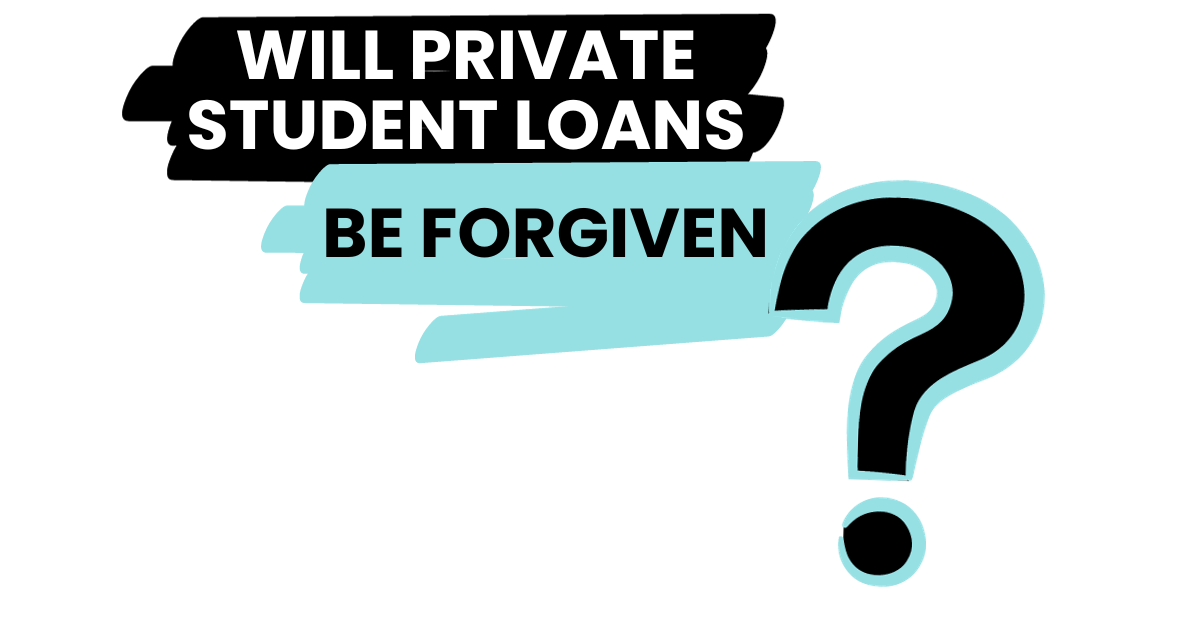As a student, you're probably already feeling the pressure of student loan debt. It can be overwhelming, but the good news is that there are ways to make it more manageable.
One of the first things you should understand is the difference between federal and private student loans. Knowing the differences can help you make informed decisions about your loans and potentially save you money in the long run.
Federal Student Loans
Federal student loans are loans that are provided by the federal government. They are often considered to be the best option for students because they offer a range of benefits, including:
- Lower Interest Rates: Federal student loans typically have lower interest rates compared to private loans.
- Fixed Interest Rates: The interest rates on federal student loans are fixed, which means that they will not change over time.
- Income-Driven Repayment Plans: If you're struggling to make your payments, federal loans offer income-driven repayment plans that can help lower your monthly payments.
- Loan Forgiveness: If you work in certain public service jobs or for a non-profit organization, you may be eligible for Public Service Loan Forgiveness (PSLF) after a certain number of years of service. There's also Biden's Student Debt Relief program that some were eligible for, but the plan is now awaiting a Supreme Court ruling.
There are several types of federal student loans, including:
- Direct Subsidized Loans: These loans are available to undergraduate students who have demonstrated financial need. The key feature of this loan is that the government pays the interest on the loan while the borrower is in school, during the six-month grace period after graduation, and during periods of deferment. Once the borrower enters repayment on a subsidized loan, they will be responsible for paying the interest on the loan.
- Direct Unsubsidized Loans: These loans are available to both undergraduate and graduate students and do not require demonstration of financial need. Unlike a subsidized loan, the borrower is responsible for paying the interest on the loan from the time the loan is disbursed, even while in school and during the grace period. This means that the borrower will have to repay the principal amount of the loan, as well as the accrued interest.
- Direct PLUS Loans: These loans are available to graduate or professional students as well as parents of undergraduate students.
Private Student Loans
Private student loans are provided by banks, credit unions, and other financial institutions. They are typically used as a supplement to federal student loans and are often considered to be the last resort because they offer fewer benefits and have higher interest rates than federal loans. Private student loans are not backed by the federal government, which means that the terms and conditions can vary widely between lenders.
Here are some things you should know about private student loans:
- Higher Interest Rates: Private student loans typically have higher interest rates compared to federal loans.
- Variable Interest Rates: Unlike federal loans, the interest rates on private loans can change over time.
- No Income-Driven Repayment Plans: Private loans do not offer income-driven repayment plans, which can make it harder to manage your monthly payments if you're struggling to make ends meet.
- No Loan Forgiveness: Private loans do not offer loan forgiveness options, which means that you will have to pay back the full amount of the loan plus interest.
- No Student Loan Payment Pause: For anyone who has had a private student loan, or refinanced their federal student loans to private before the payment pause, has had to continue making payments on their student loan debt.
It's become much easier to compare rates among private student loan lenders. A company called Sparrow allows you to compare real private student loan offers from multiple lenders through a single application. A major plus about this company is it was founded by students and it can save you a ton of time, while offering a more transparent look at how much you could pay over the lifetime of your loan.
Federal vs Private Student Loans (Video)
Dwindling Your Federal or Private Student Loan Debt
Now that you understand the differences between federal and private student loans, it's important to take steps to manage your student loan debt. Here are some tips:
- Apply for Federal Student Loans First: Always apply for federal student loans first, as they offer more benefits and have lower interest rates than private loans.
- Make Payments on Time: Late payments can result in fees and damage to your credit score. Make sure to set reminders and pay your bills on time each month.
- Make Additional Payments: Making additional payments to your student loan each month will help you knock off the principal amount faster, and allow you to pay less in interest over time. You could pay off your loan almost 3 years earlier if you contribute an extra $100 per month, on top of your minimum monthly payment.
- Consider Income-Driven Repayment Plans: If you're struggling to make your payments, consider applying for an income-driven repayment plan to help lower your monthly payments. The U.S. Department of Education has proposed regulations to reduce the cost of federal student loan payments and if accepted, will cut monthly payments for borrowers in half.
- Explore Loan Forgiveness Options: If you work in certain public service jobs or for a non-profit organization, you may be eligible for loan forgiveness after a certain number of years of service.
- Work For A Company With Student Loan Repayment Benefits: Many companies are now offering employer student loan repayment benefits. Some companies contribute $100 per month, $200 per month, or up to $500 per month payments that go directly to your student loan balance. This can help you save money on interest and help you pay off your student loan years in advance.
- Refinance Your Loans: If you have good credit and a steady income, consider refinancing your loans to get a lower interest rate and potentially lower monthly payments.
Final Thoughts On Federal vs Private Student Loans
Student loan debt can be daunting, but by understanding the differences between federal and private student loans, borrowers can make more informed decisions about their borrowing options. It's important to weigh the pros and cons of each type of loan before making a decision, taking into account factors like interest rates, repayment options, and borrower protections.
Remember, falling behind on student loan payments can have serious consequences, including damage to credit scores, wage garnishment, and even legal action. However, there are options available to help borrowers manage their debt, such as income-driven repayment plans and loan forgiveness programs.
Ultimately, the key to managing student loan debt is to stay informed and proactive. By understanding the terms of your loans and exploring all of your options for repayment, you can take control of your finances and work towards a debt-free future.
.png)




